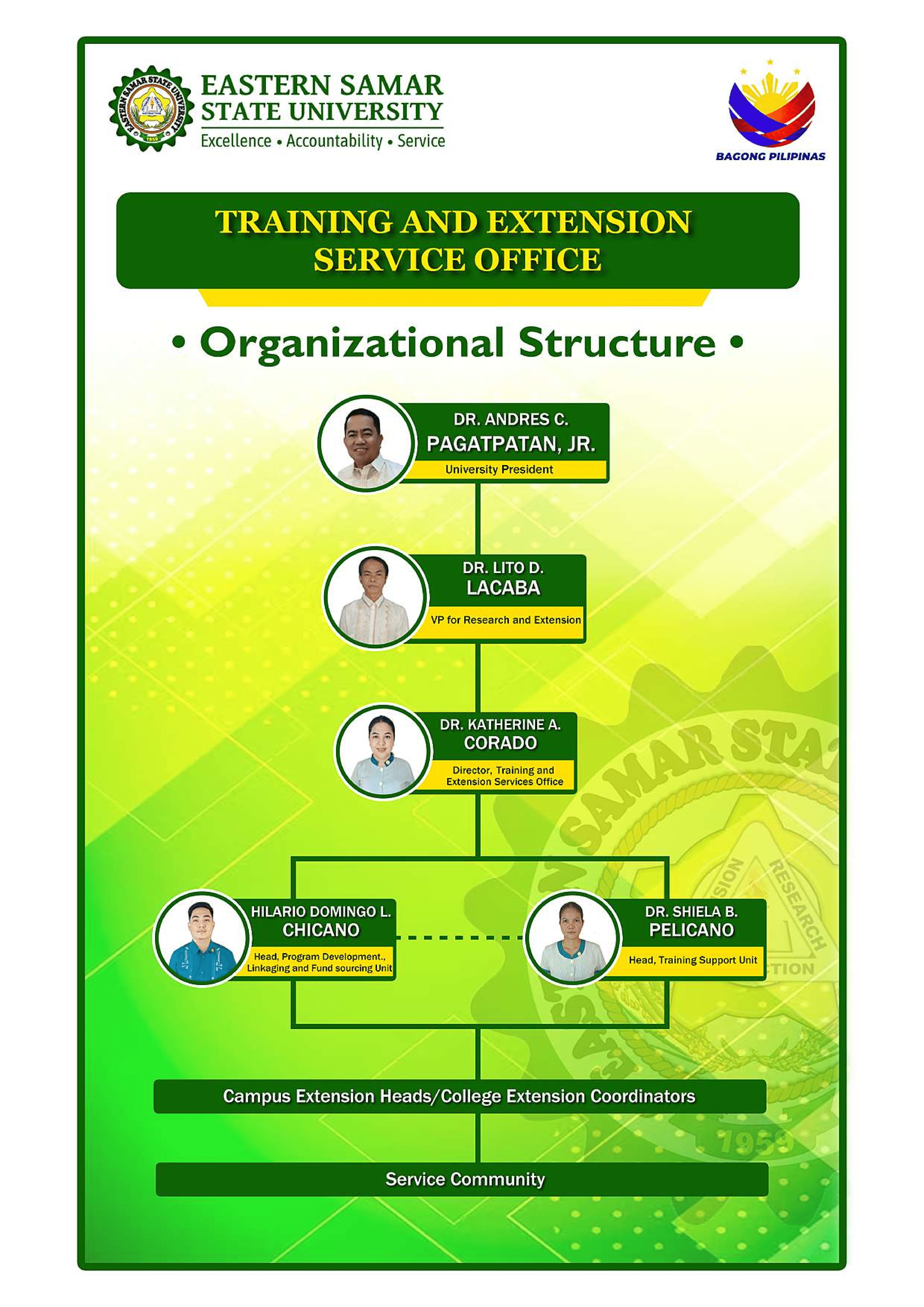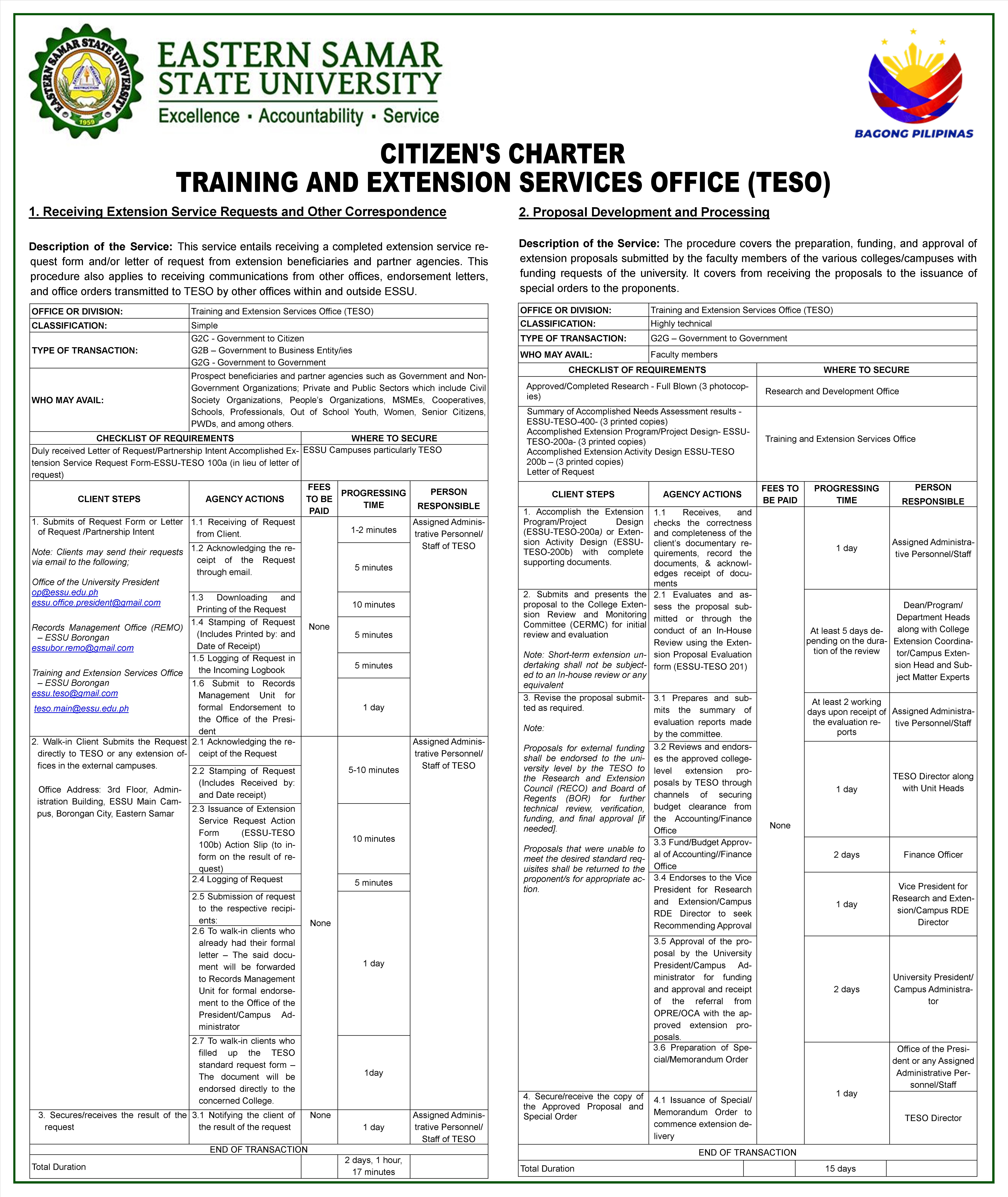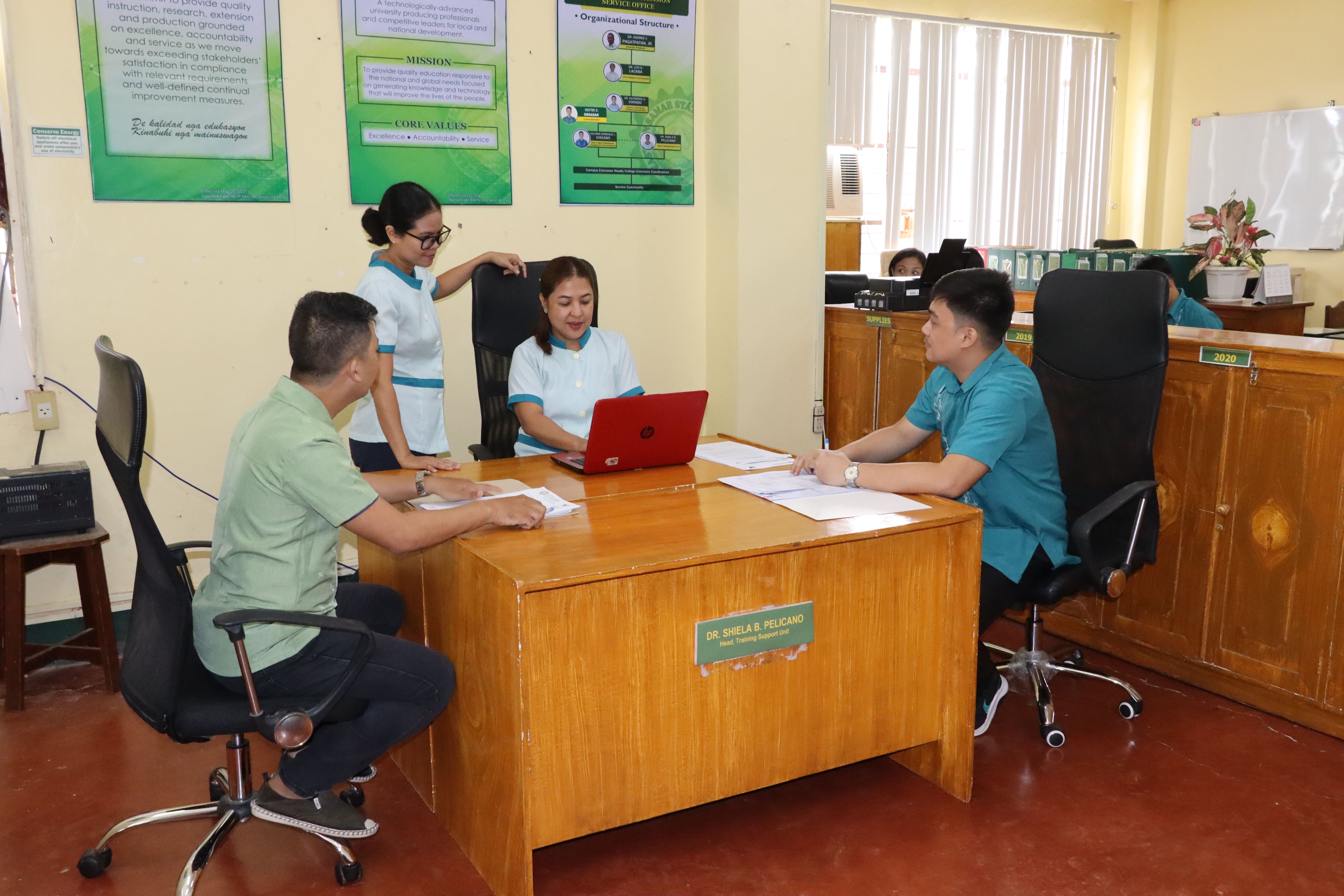
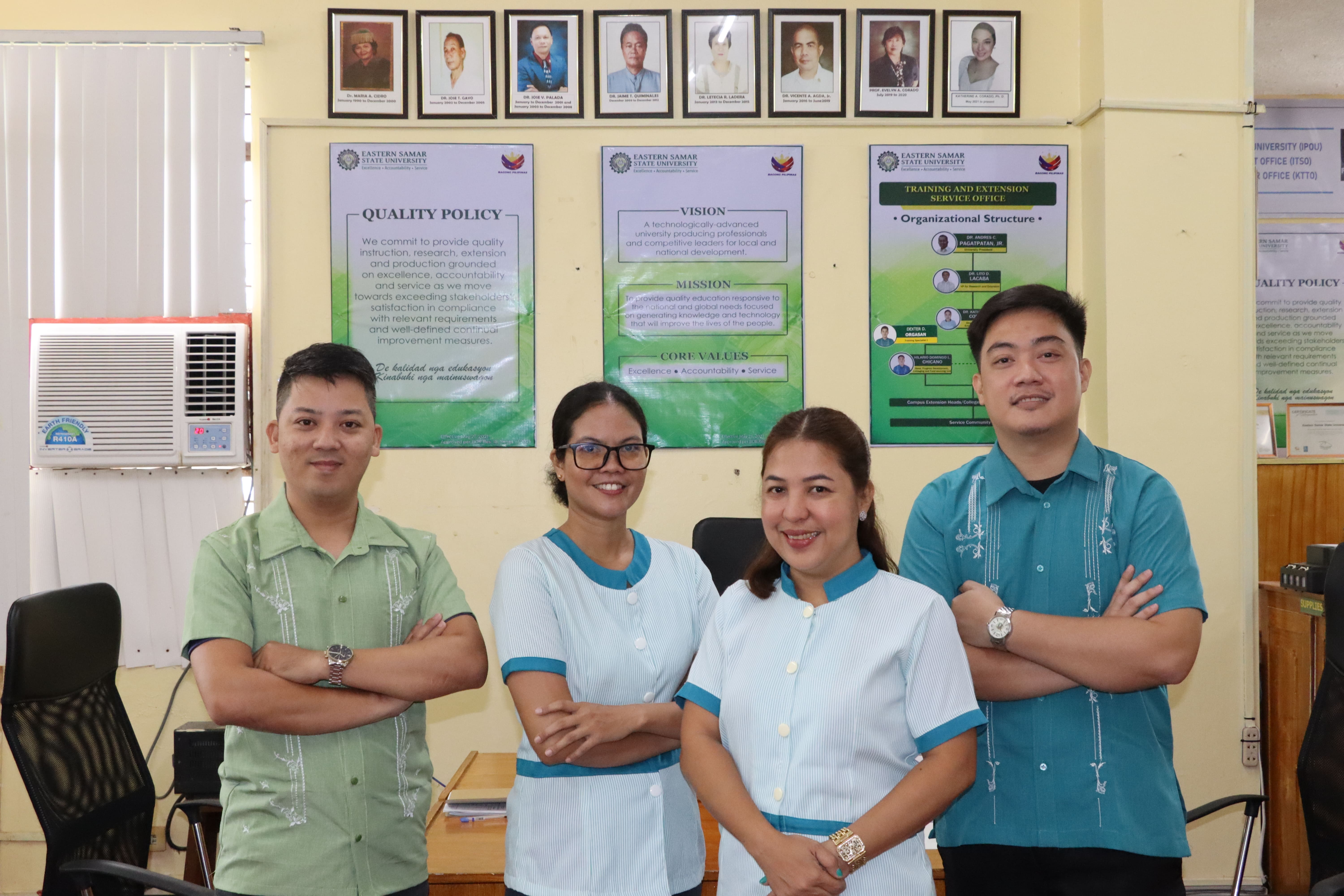
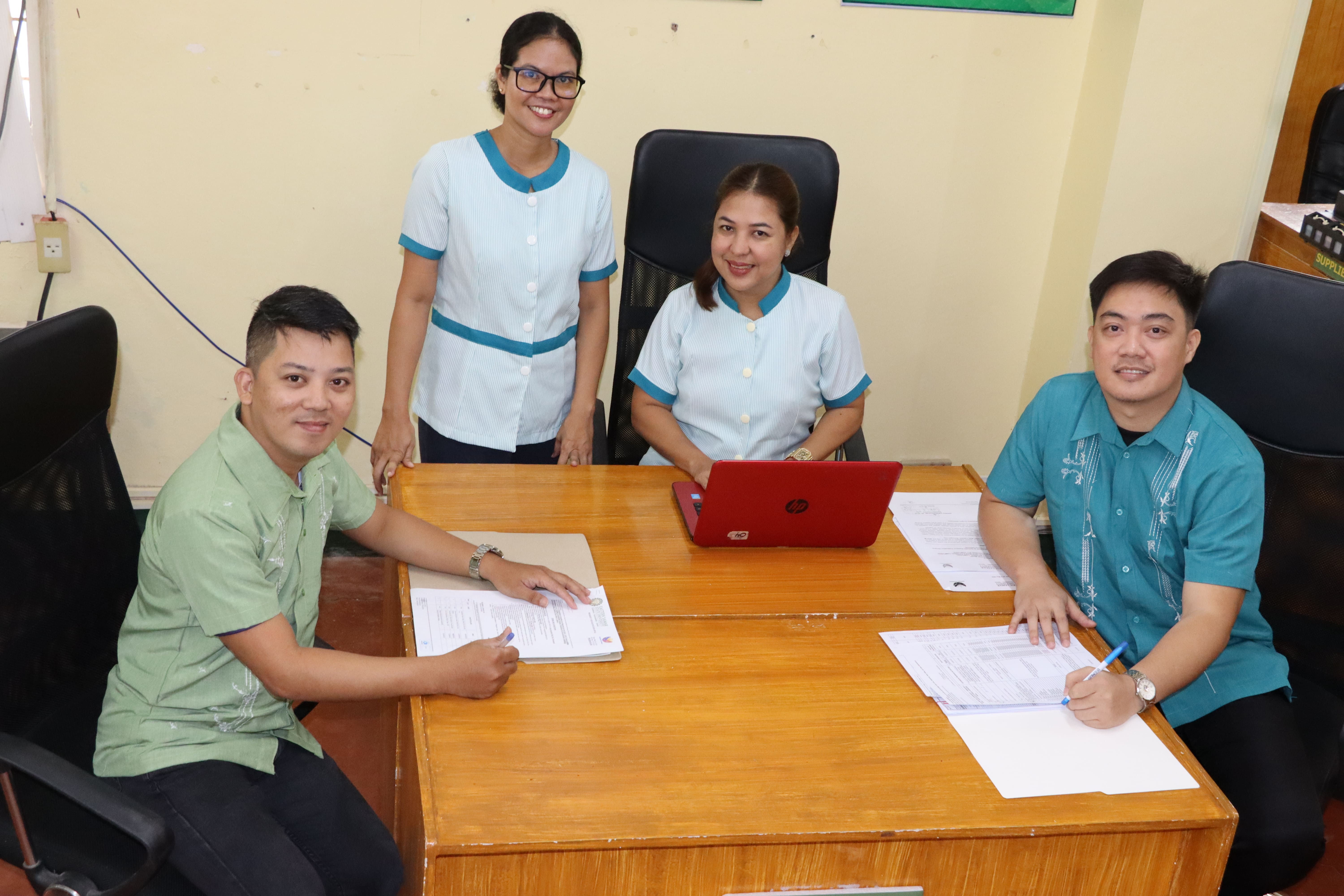
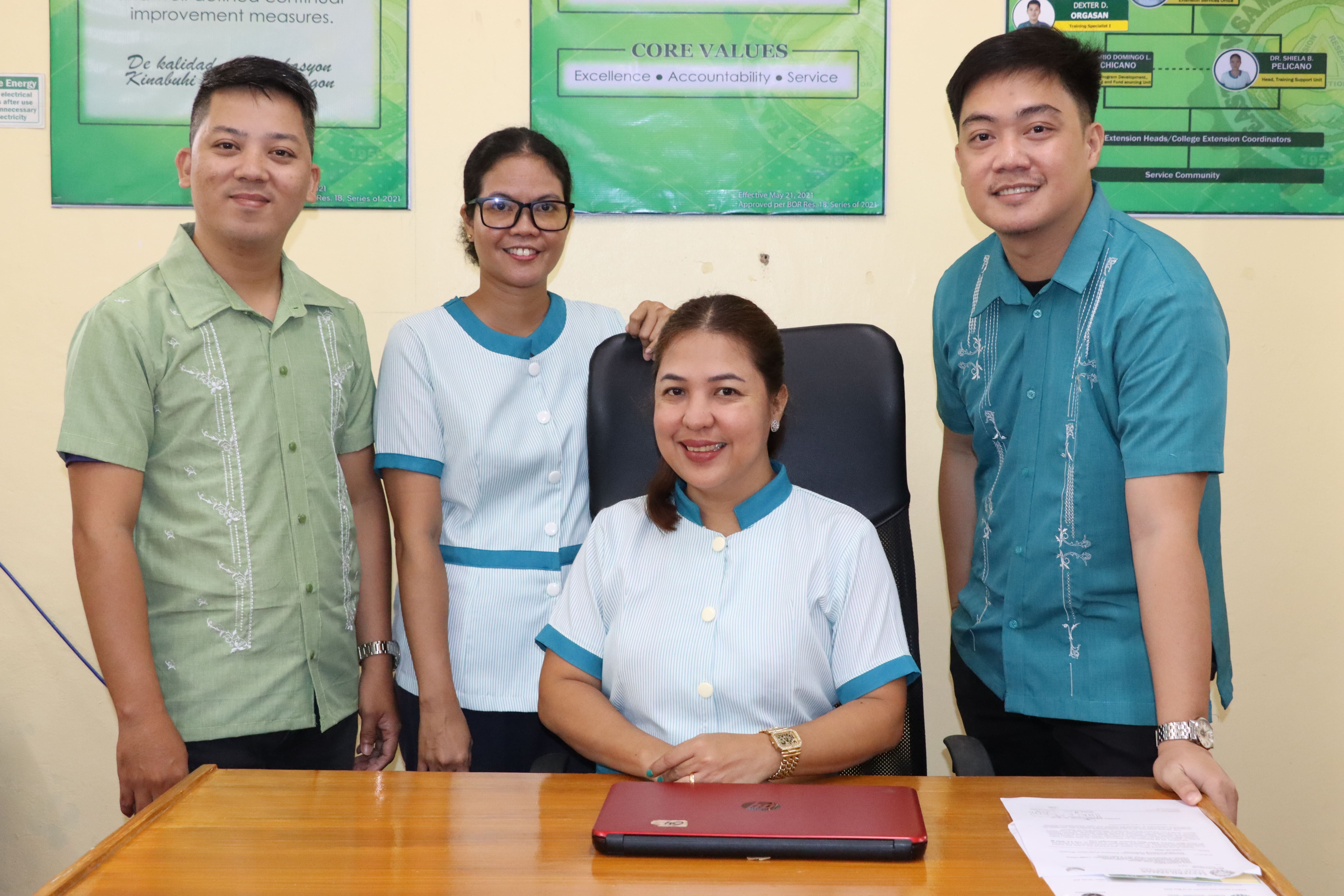
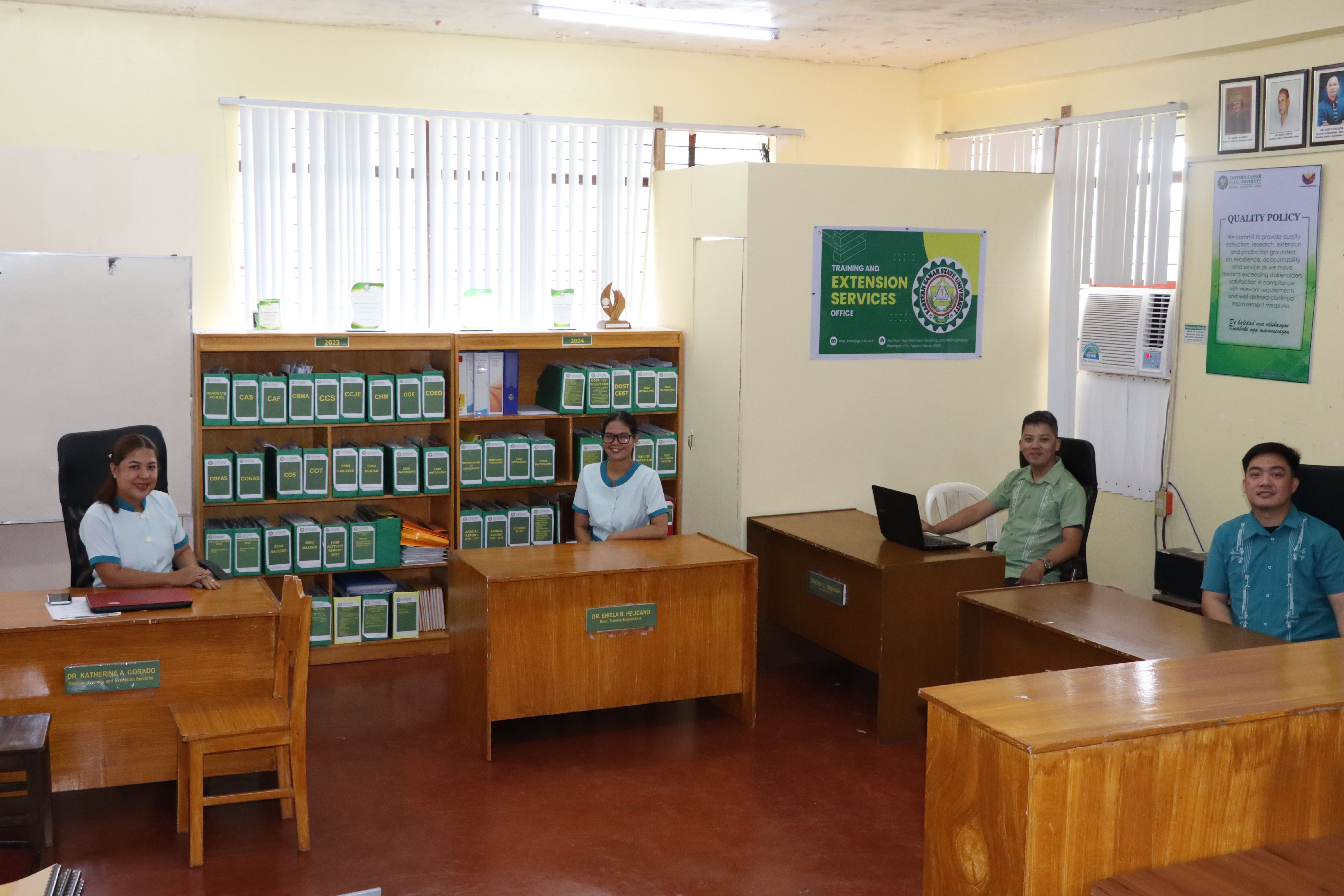
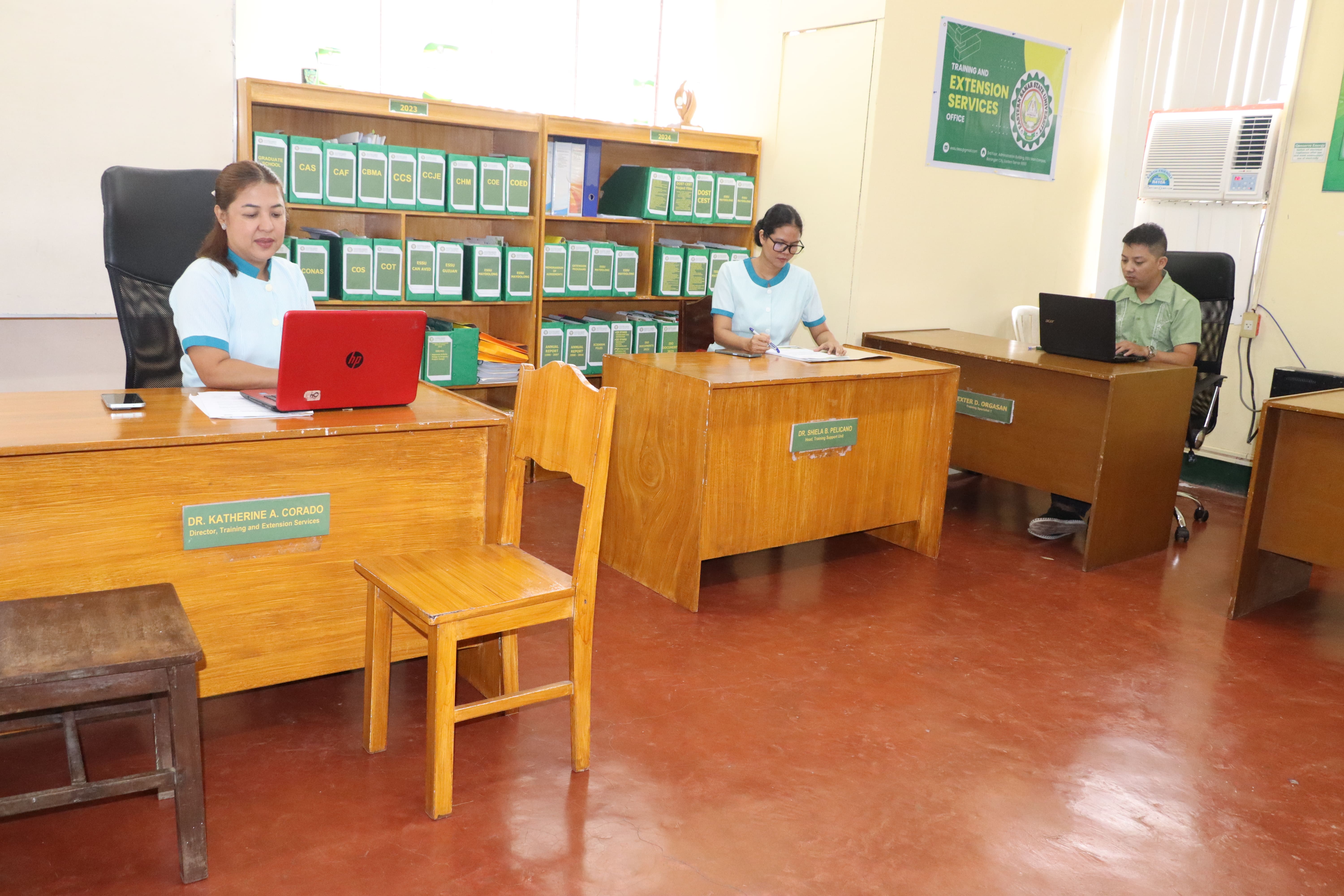
I am honored to share Eastern Samar State University's remarkable achievements over the past years in support of our efforts to combat poverty and its ongoing commitment to addressing the United Nations Sustainable Development Goals (SDGs). These highlight our collective efforts and significant milestones that underscore our dedication to fostering positive change within our community and beyond, owing to our faculty, students, staff, and stakeholders who have demonstrated unparalleled dedication and commitment, driving forward our mission to create a better and more sustainable future for all.
Our university has been at the forefront of tackling pressing global challenges. Our initiatives are centered around the empowerment of local communities through impactful extension programs and have been intricately designed to focus on sustainable development initiatives such as health and well-being, quality education, community resilience, a secure environment, economic growth, innovation, and inclusive governance that positively impact the local communities in Eastern Samar.
In alignment with the SDGs, we have launched numerous programs that uplift lives and create resilient communities through the facilitation of training or capacity-building programs, rendering technical advisory and consultancy services, the provision of assistance through community outreach, and the introduction of innovations aimed at reducing inequalities, promoting quality education, fostering environmental stewardship, and ensuring economic prosperity. We have also prioritized sustainable practices, integrating eco-friendly methods in all our projects to ensure that our development efforts do not compromise the ability of future generations to meet their needs. Furthermore, our environmental protection programs and waste management campaigns stand as a testament to a greener and more sustainable Eastern Samar.
Among those projects were various educational programs aimed at enhancing literacy and providing interventions to improve the knowledge of underserved populations. Also included are training for entrepreneurship and skills development that aim to create sustainable livelihoods, especially for women and youth. ESSU also provided a series of webinars that focused on climate resilience and disaster risk reduction, helping communities adapt to and mitigate the effects of climate change. In line with this, the university has forged partnerships with various organizations to be able to implement programs on reforestation, coastal resource management, and education on climate resilience.
Through these community extension projects, ESSU has not only advanced the UN SDGs but also strengthened its role as a catalyst for sustainable development in Eastern Samar. The university will remain committed to fostering a sustainable future through continued collaboration and innovation in its extension activities.
Let us continue to work hand in hand, inspired by the progress we have made, to achieve even greater heights. Our journey is ongoing, and with your unwavering support, we will create lasting positive change for Eastern Samar.
KATHERINE A. CORADO, Ph.D.
Director, Training and Extension Services Office
Objectives:
- Ensure Excellence in Service Delivery: Achieve 100% compliance with extension service targets through timely, efficient, and high-quality engagement.
- Drive Annual Growth: Increase extension service targets by 10% annually across all colleges and campuses.
- Foster Community Awareness and Ignite Change: Promote greater awareness of key environmental, agricultural, industrial, social, economic, and political issues among marginalized sectors and communities.
- Evaluate Program Effectiveness: Conduct regular monitoring, evaluation, and impact assessments to determine the effectiveness and utility of extension programs, projects, and activities.
- Promote Sustainable Technologies: Develop and disseminate innovative technologies to support socio-economic development and environmental sustainability.
Strategies:
The university shall utilize a combination of the following strategies to meet the goal and objectives:
- Enhance Community Well-being; Develop and sustain programs, projects, and activities aimed at improving the productivity, profitability, and well-being of rural communities, particularly the disadvantaged.
- Adopt Inclusive Approaches: Use a research-based, pluralistic, sustainable, and community-based participatory approach in the development and dissemination of technologies.
- Disseminate Mature Technologies: Innovation and diffusion of relevant technologies to wider audiences that significantly contribute to sustainable development.
- Build Local Capacities: Strengthen the abilities of local government units (LGUs), civil society organizations (CSOs), people’s organizations (POs), non-governmental organizations (NGOs), and extension service workers to promote empowerment and build sustainable communities.
- Resource Generation and Allocation: Secure and allocate resources to support the extension programs of various colleges and campuses within the university.
- Implement Effective Monitoring and Evaluation Scheme: Establish a simple yet accurate monitoring and evaluation system to assess program effectiveness.
- Expand Collaborations: Develop and maintain a growing network of active international, national, and regional linkages and collaborations with other stakeholders.
